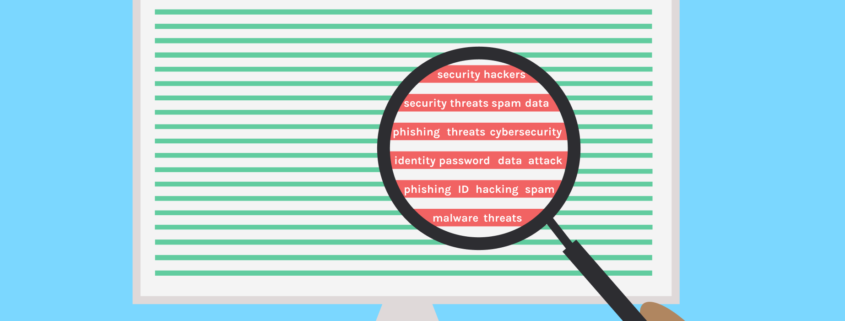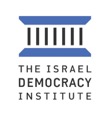Israel’s digital quality of life plummets to 17th place globally, no longer world lea
The collapse in internet affordability in Israel has seen it not only lose its spot as a leader in digital quality of life, but fall a whopping 16 places to settle as 17th globally, according to Surfshark’s 5th annual Digital Quality of Life Index (DQL). The index is scored by taking into account five core pillars – Internet Quality, E-Security, E-Government, Internet Affordability, and E-Infrastruure.
The fall in ranking can be misleading as four of the five pillars either kept or improved their ranking from last year – it is Israel’s collapse in Internet Affordability (from 1st to 21st) that most affected the country’s overall score. Its worst performing pillar, E-Security (32nd), which measures how well a country is prepared to counter cybercrime and the quality of a country’s data protection laws, remained the same. Its Electronic Govenment ranking jumped from 33rd to 18th, its Electronic Infrastrure score rose from 28th to 21st, and its overall Internet Quality jumped from 21st to 17th.
1 View gallery


Israel’s collapse can be credited to its plummet in Internet affordability compared to other countries.
(Credit: Shutterstock )
Globally, fixed internet and mobile internet are 11% and 26% more affordable than 2022, and Israel’s unallginment with global rates is likely the cause for its drop in this pillar – contributing to its overall collapse.
“In many nations, ‘digital quality of life’ has merged into the broader concept of overall ‘quality of life’. There’s no other way to look at it now that so many daily activities, including work, education, and leisure, are done online,” said Gabriele Racaityte-Krasauske, Surfshark’s spokeswoman. “That’s why it’s crucial to pinpoint the areas in which a nation’s digital quality of life thrives and where attention is needed, which is the precise purpose of the DQL Index.”
In 2023, Israel remains above Turkey (55th) and Saudi Arabia (45th) in Digital Quality of Life, and its Internet Quality remains 34% higher than the global average. Compared to other countries in this pillar, Israel is prepared to fight against cybercrime relatively well, and the country has good data protection laws compared to other nations…




